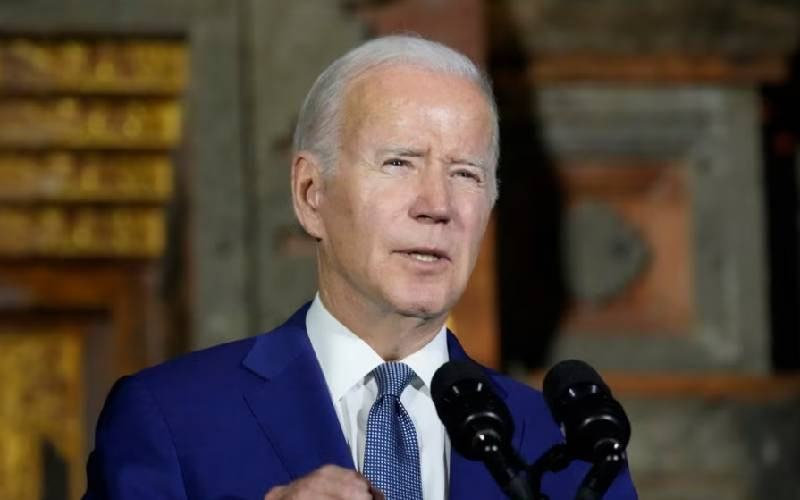
President Joe Biden will attend the G20 Summit in New Delhi, India, but is skipping the U.S.-ASEAN and East Asia Summit in Jakarta, Indonesia, sending Vice President Kamala Harris instead, the White House announced Tuesday.
In a testament to the importance Biden places on Prime Minister Narendra Modi's government, Biden will be in India September 7-10, arriving two days ahead of the annual gathering of the leaders of the world's 20 largest economies. The heads of state and governments are set to begin their meetings on September 9 and 10. They are to discuss global issues including clean energy transition, mitigating the economic and social impacts of the war in Ukraine, and increasing the capacity of multilateral development banks.